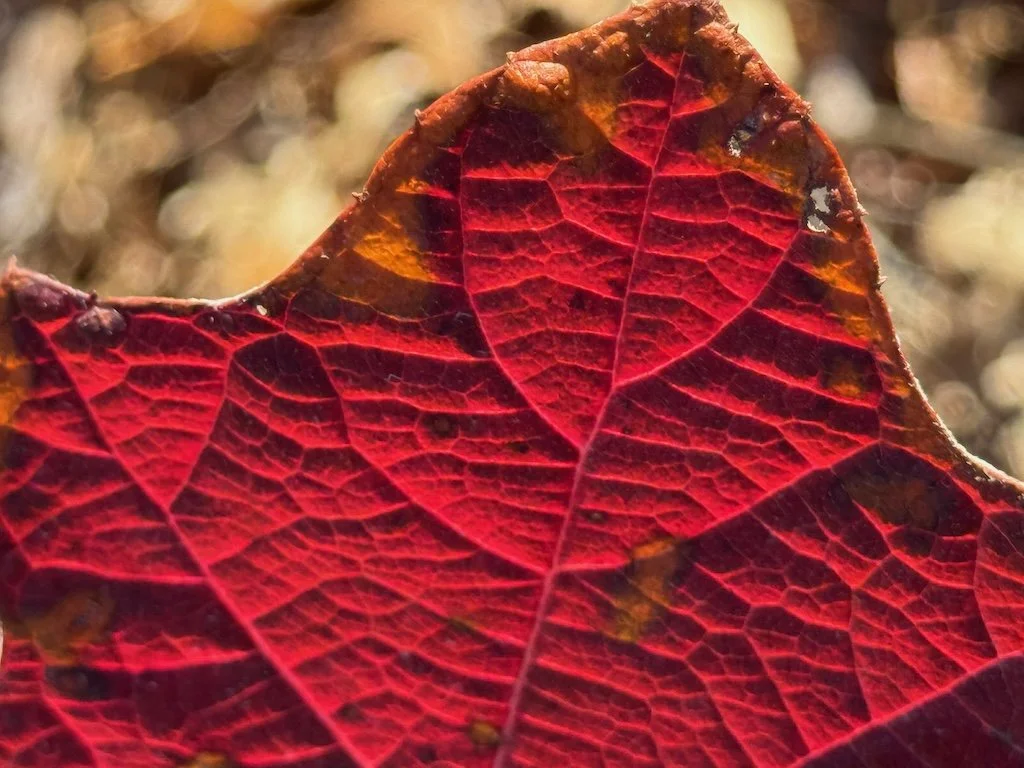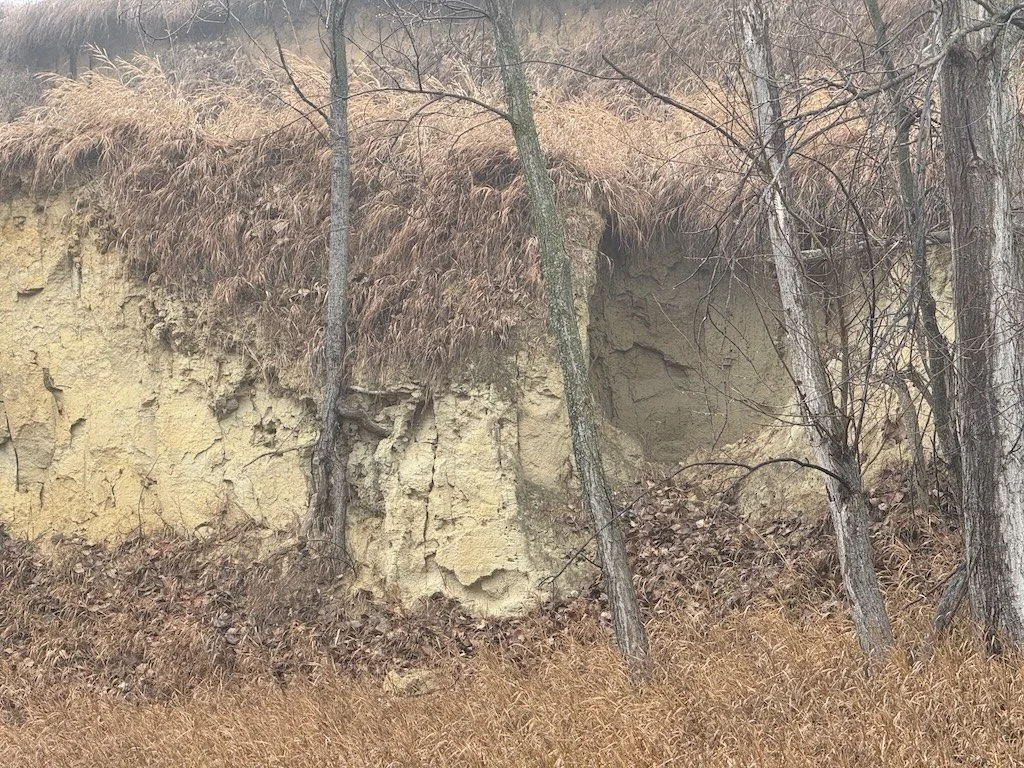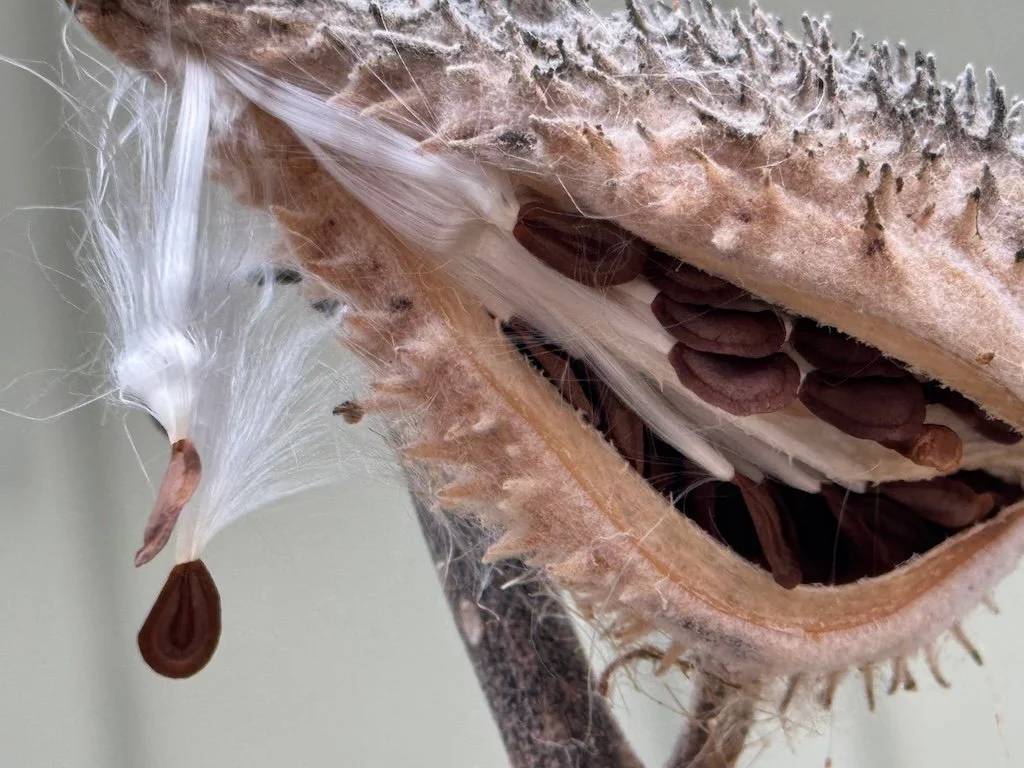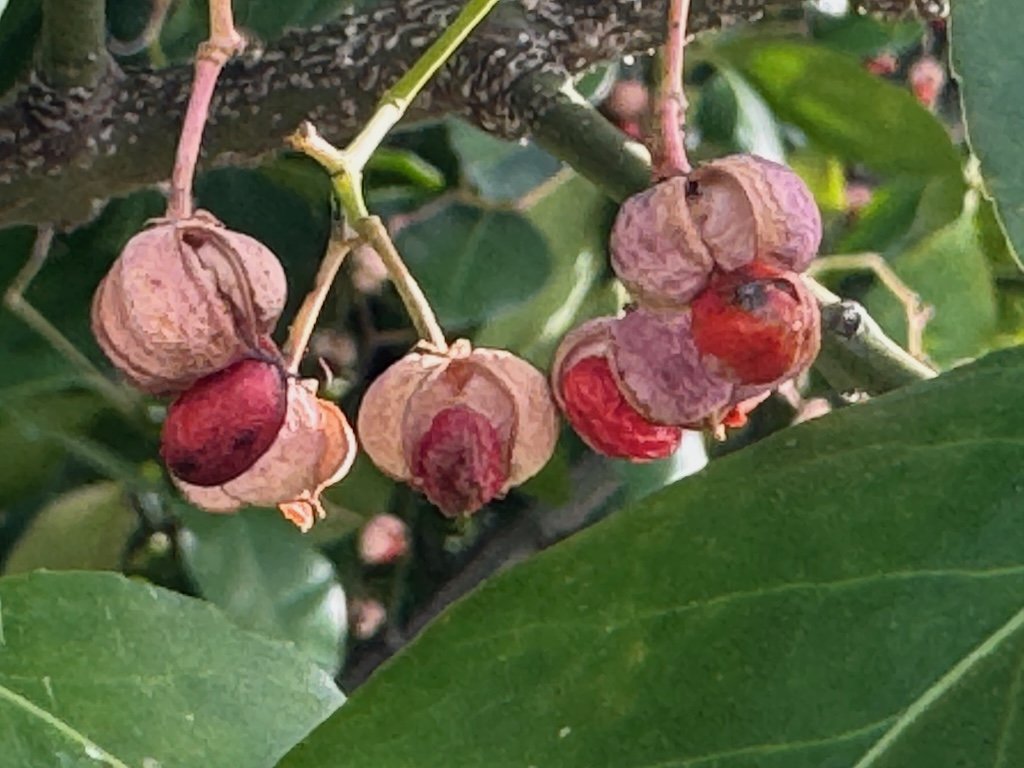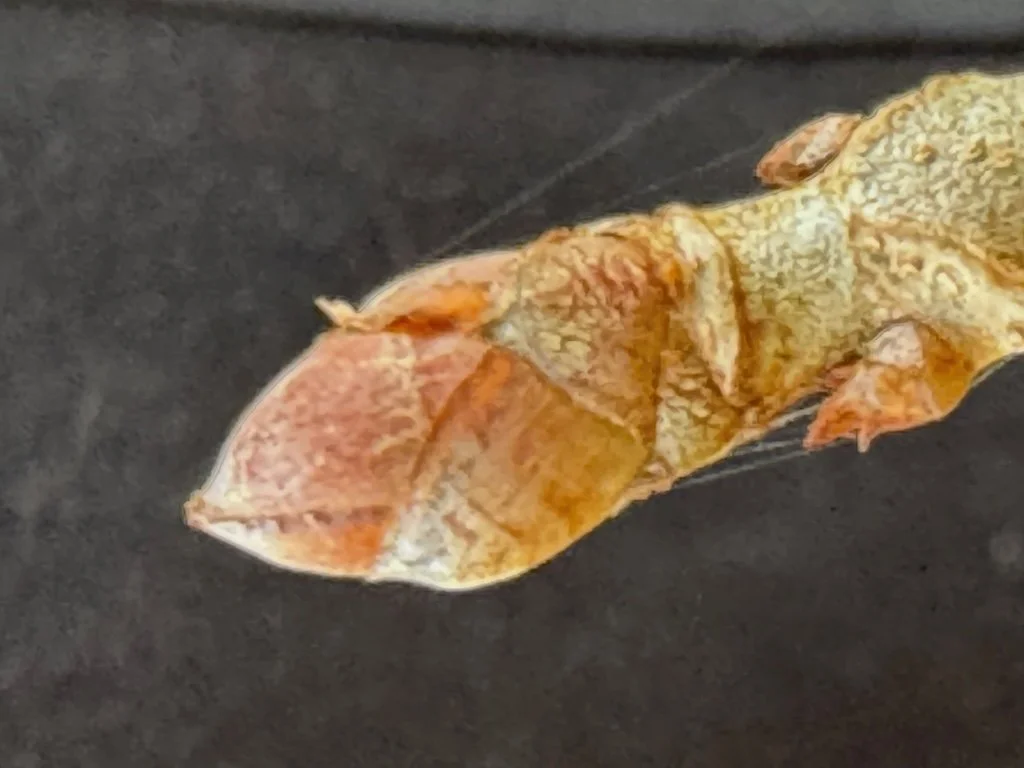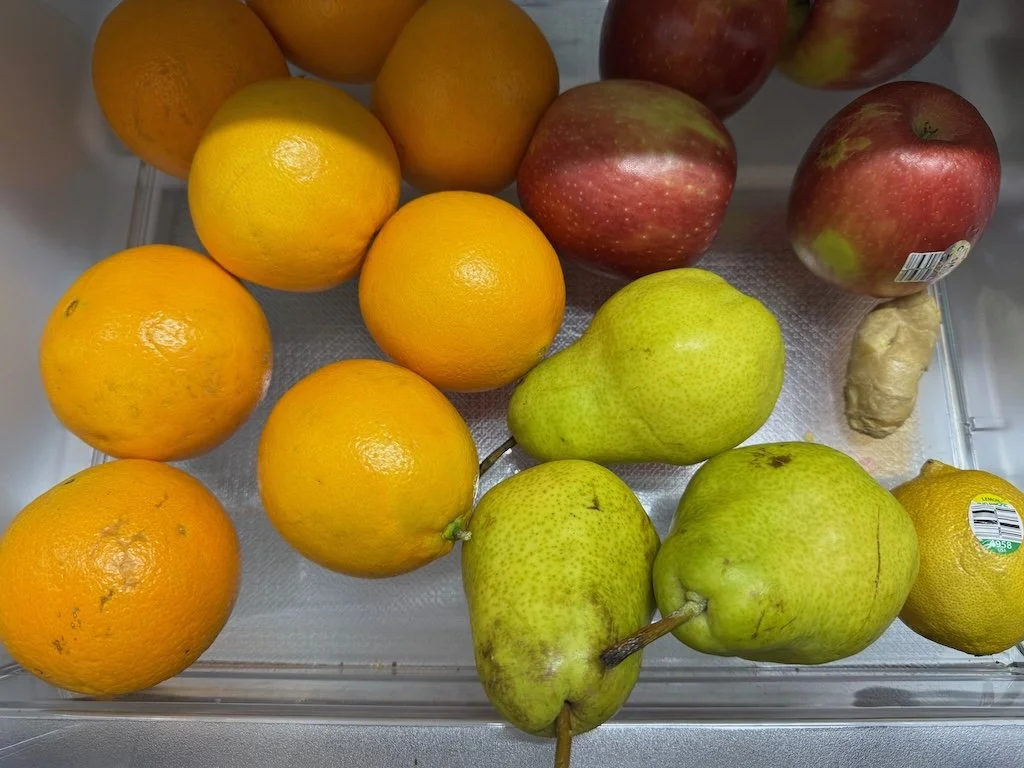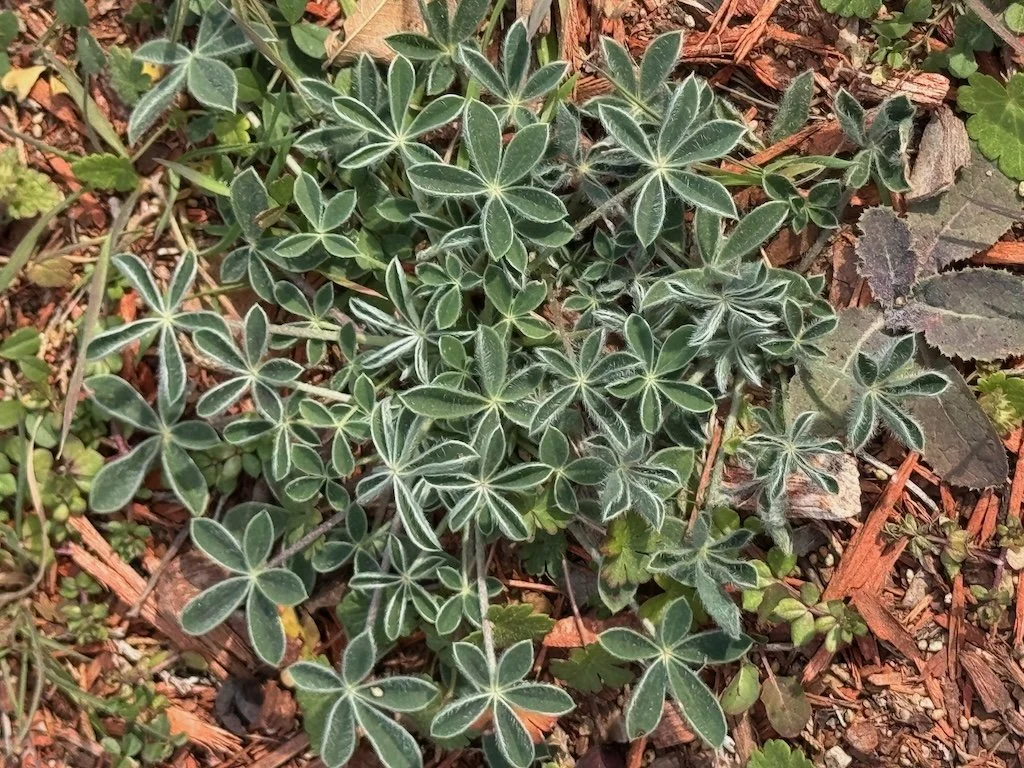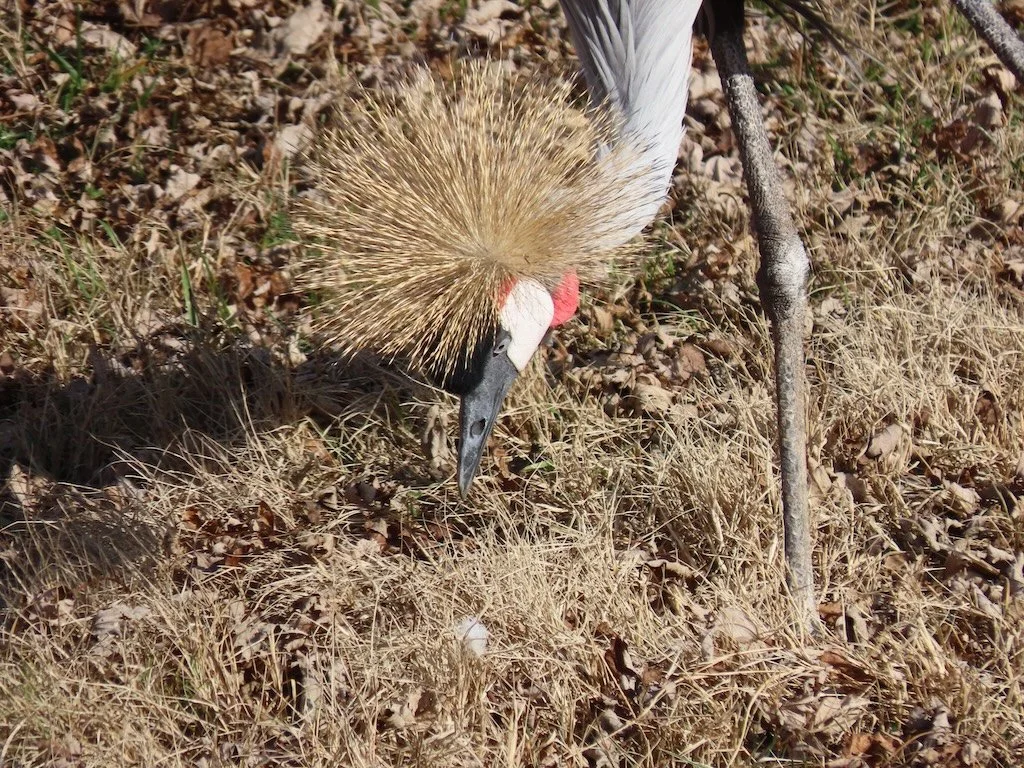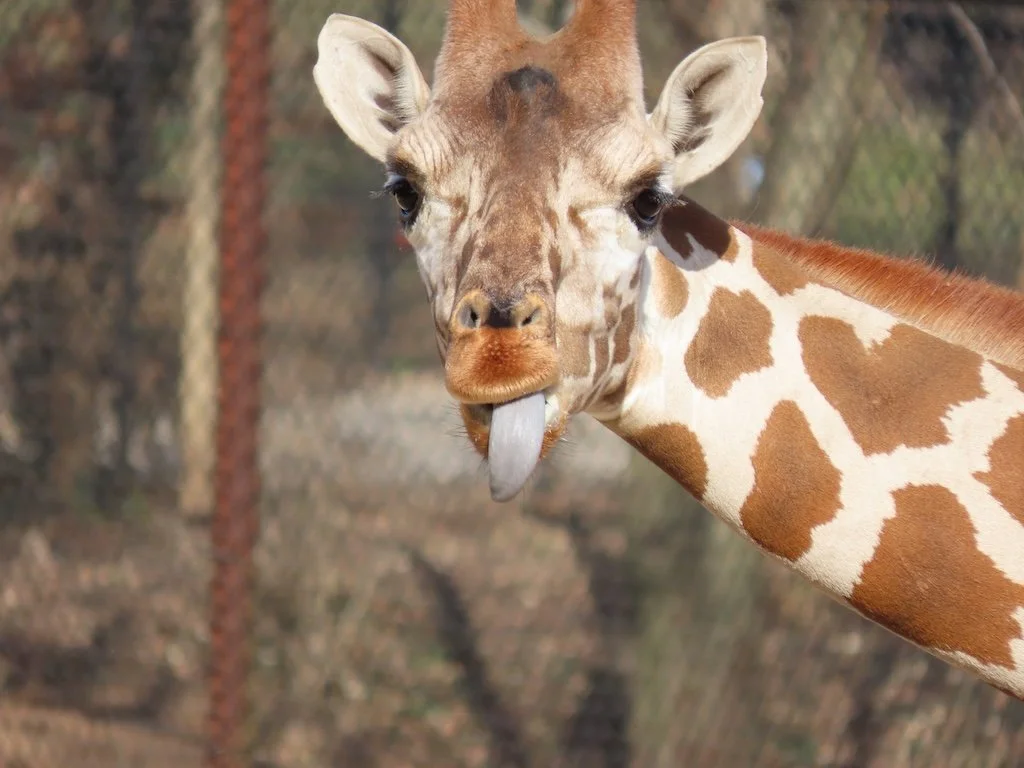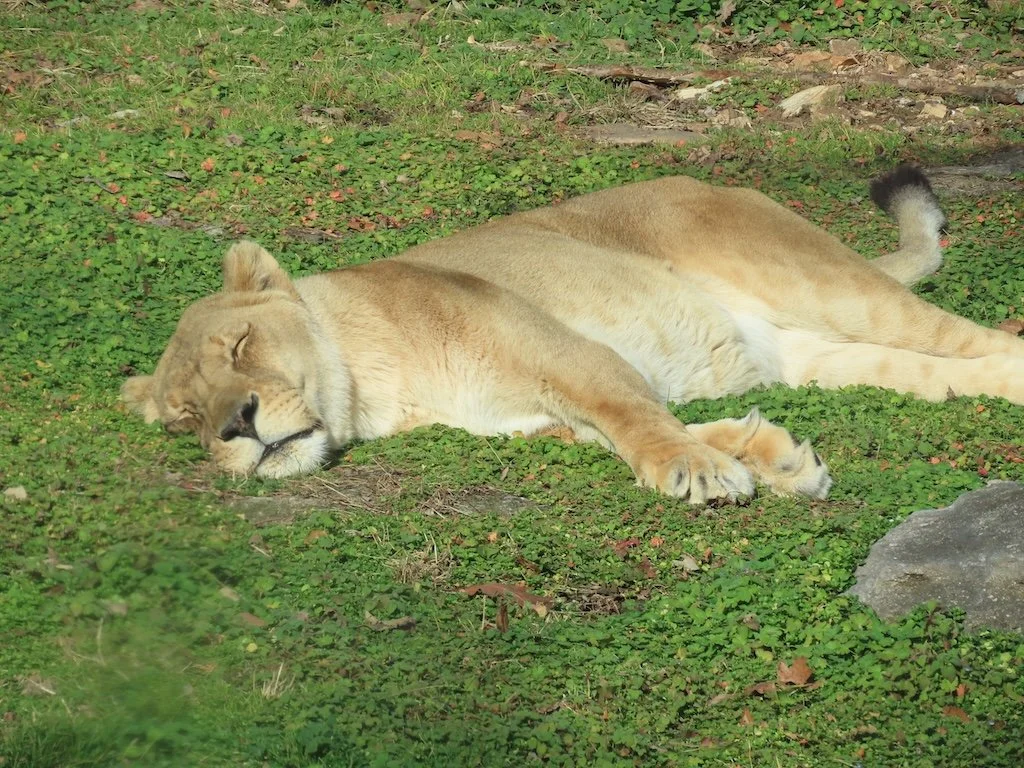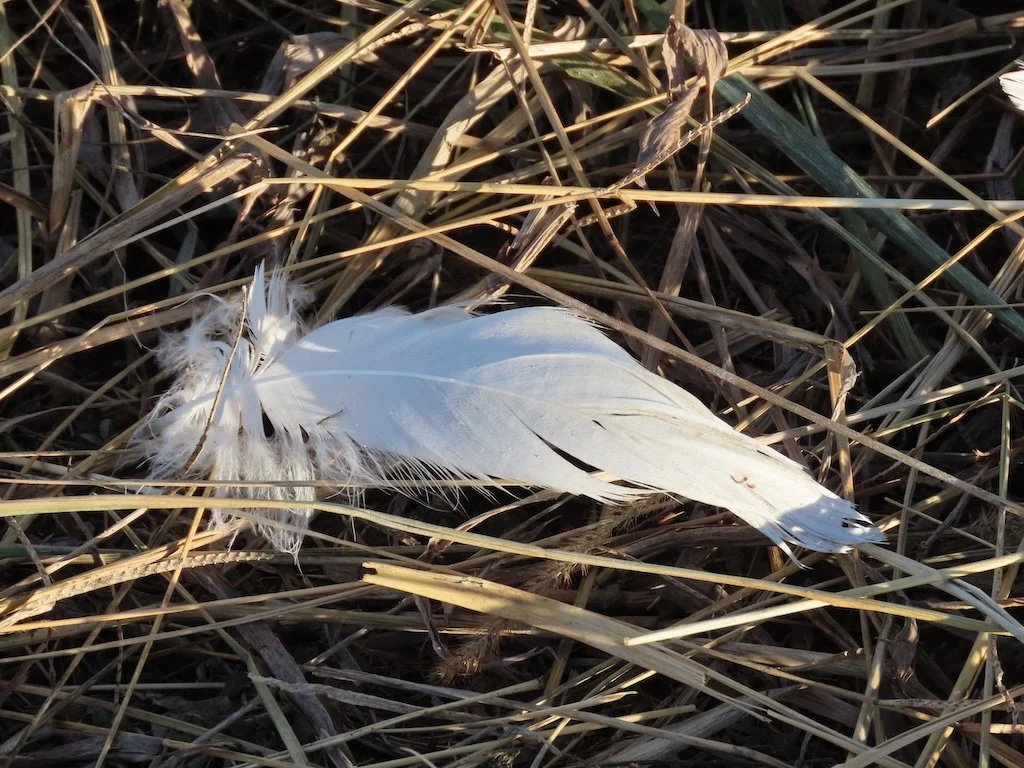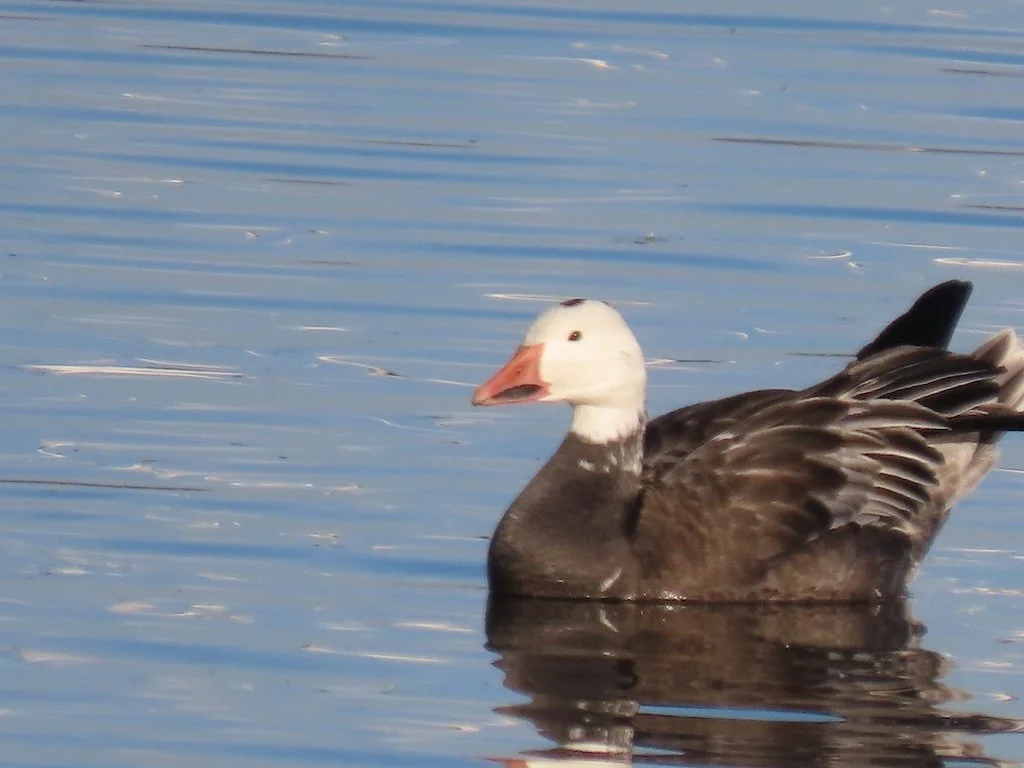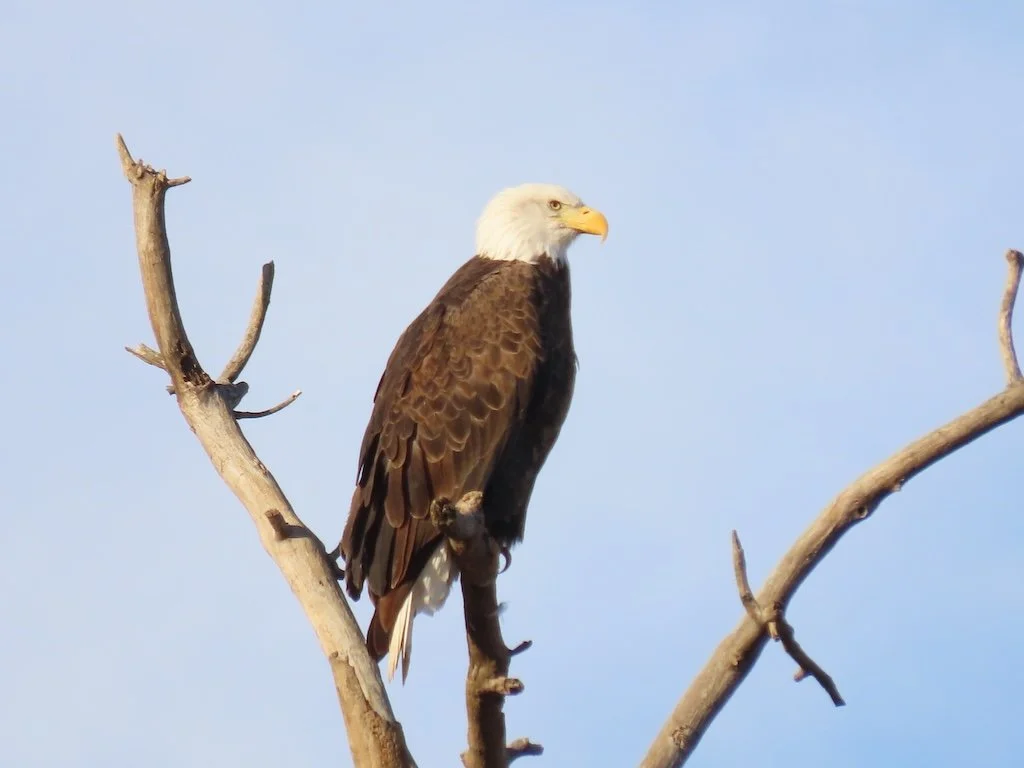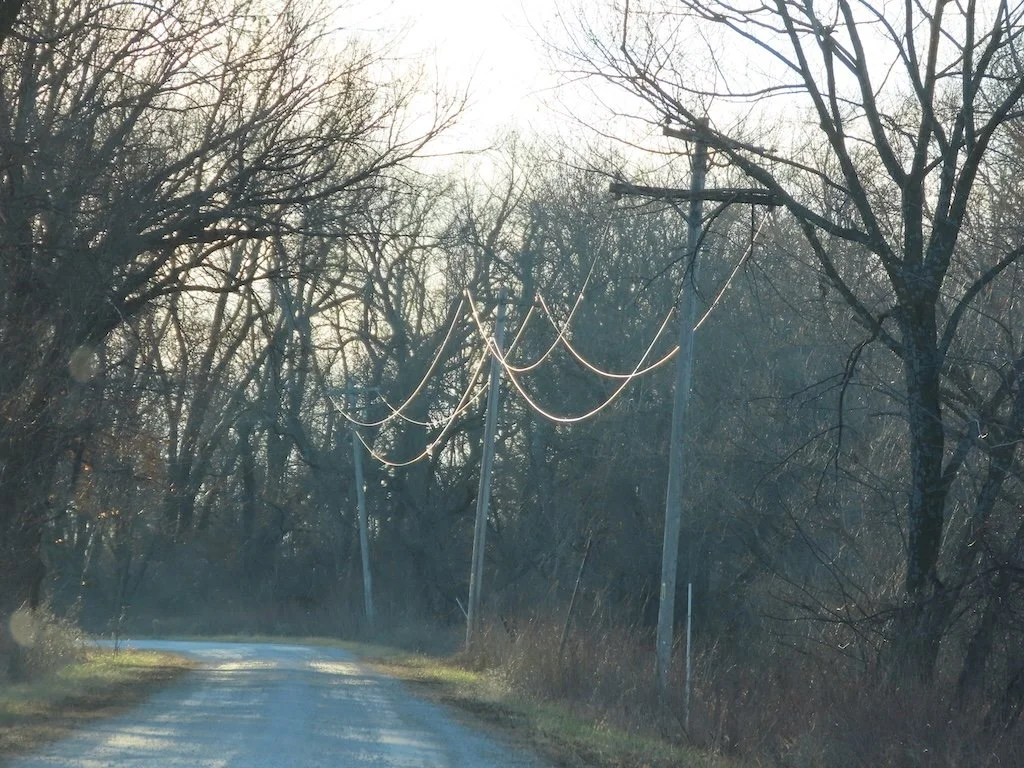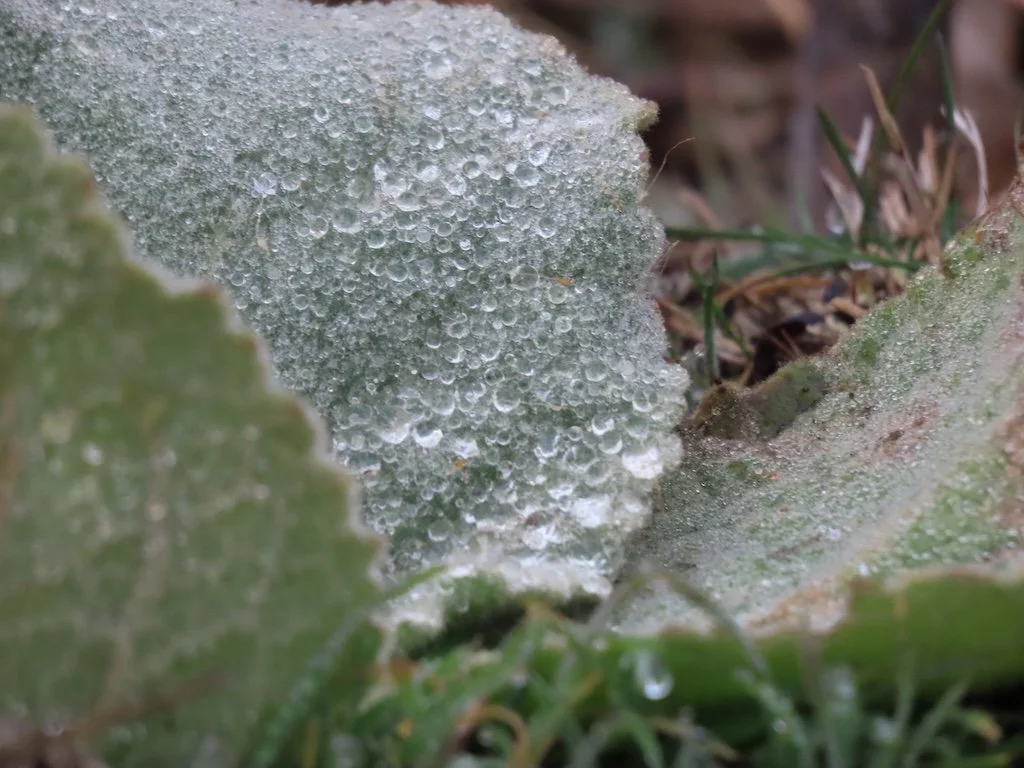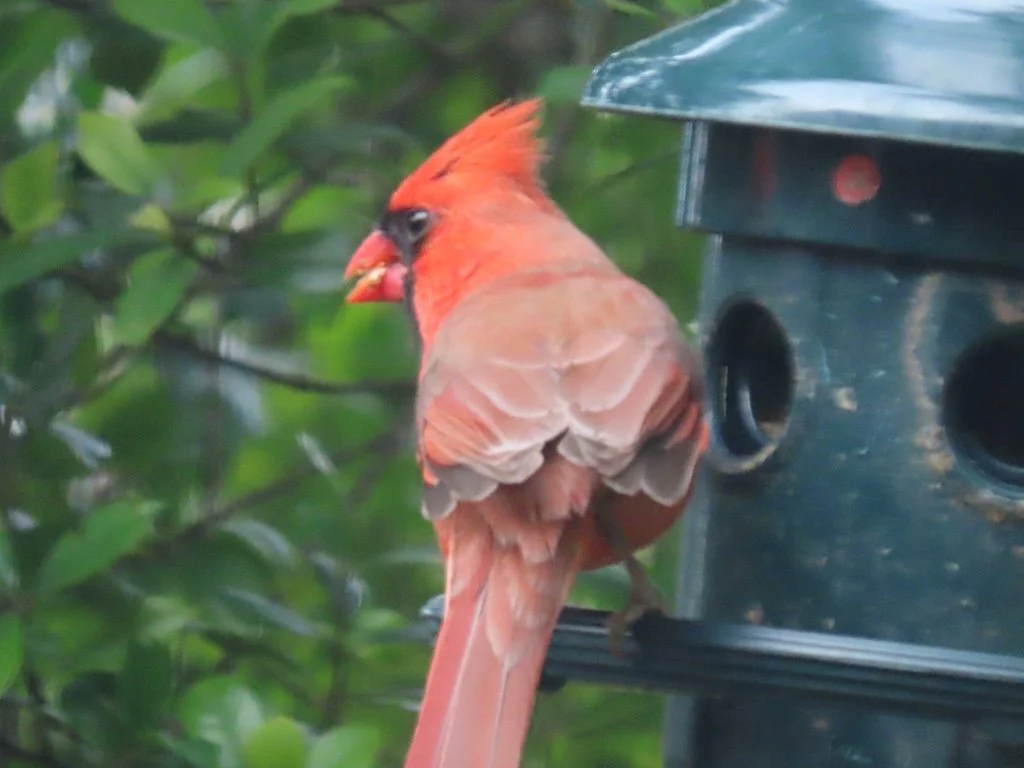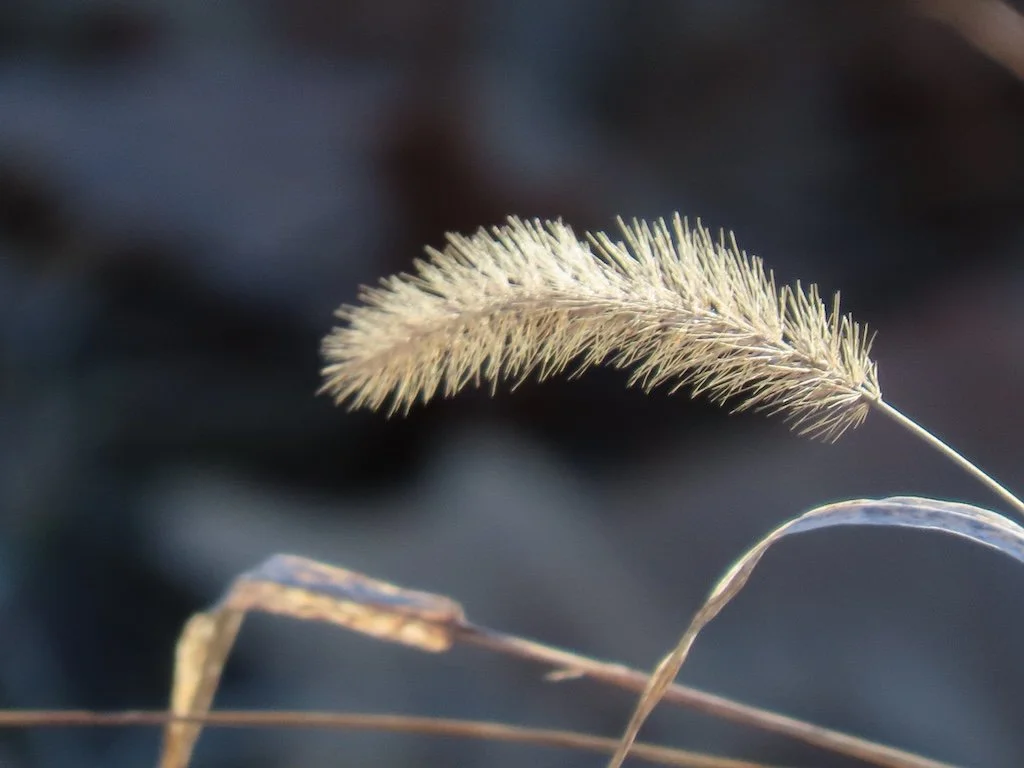Gleanings of the Week Ending November 5, 2016
/The items below were ‘the cream’ of the articles and websites I found this past week. Click on the light green text to look at the article.
Oldest known planet-forming disk discovered – Citizen scientist played a role in this discovery. Hurray for NASA’s Disk Detective project!
Daddy Longlegs Won’t Kill You – Having just finished the fall season of outdoor field trips…I enjoyed this article about daddy longlegs/harvestmen which is a frequent find. I’ve picked up some trivia to share next year about them.
Hard of hearing? It’s not your ears, it’s your brain – Evidently, many older people find understanding speech difficult even when their hearing (the ear part) is fine.
Risks of Managing Prairies Exclusively for Plants – Plants are a part of the environment that are sometimes the easiest to see and ‘manage’ ---- but that might not result in a health system. It’s a more complex situation and we often don’t have the depth of understanding to build a sustainable environment that is comparable to the ‘natural’ one that once was there.
Futures Ghosts? Wildlife on the Brink of Extinction – Have you heard of these animals before…and realize they are near extinction? The rusty patched bumble bee has just recently been ‘in the news.’
World’s largest study shows effects of long-term exposure to air pollution and traffic noise on blood pressure and $37 Billion = Health & Climate Costs from Gas Cars in 10 States Every Year – Two articles about impact on health caused by human-caused degradation of our environment.
The Chemistry of Mummification – A post prompted by Halloween. I was a little late in reading it.
Blue Leaf Special – Chloroplasts may be more than just photochemical…they may also be involved in light propagation and light capture….and the interplay between the three functions.
Extreme cold winters fueled by jet stream and climate change – Improving the long-term forecast of winter weather in the UK and US.
So you want to talk to a journalist? – A tutorial for science types – before they talk to journalists!

